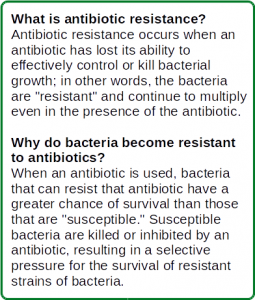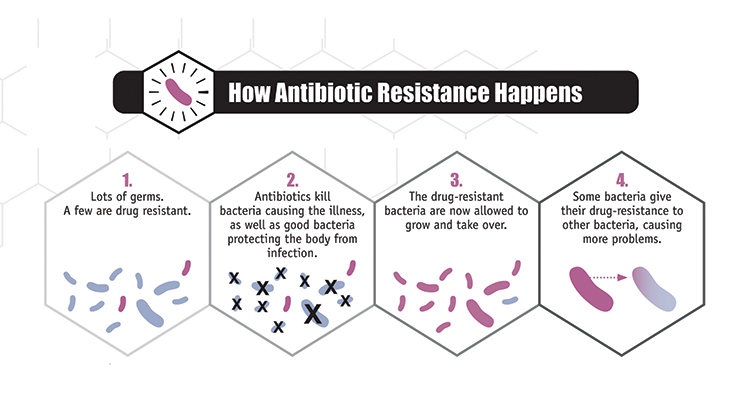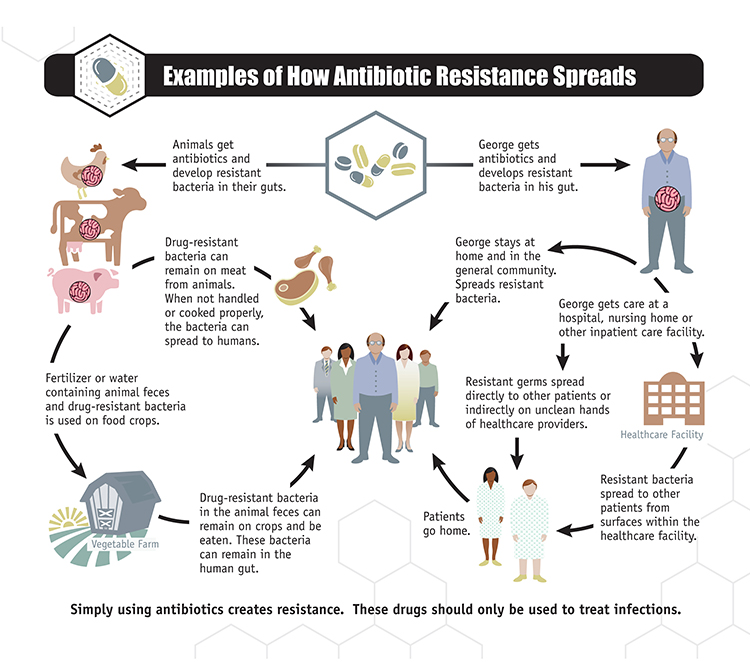by Jeff Errington, in collaboration with Paula Salgado
I’m old enough to have watched in awe Muhammed Ali’s incredible exploits in the boxing ring, and his always entertaining and thought provoking, sometimes bizarre, TV interviews and clips. Most would agree that he was an amazing, inspirational human being.
Like many millions of people around the world, I was devastated to hear of his sudden passing. I watched a wonderful documentary on TV and read several articles about his amazing life on line. As a microbiologist, one seemingly throw away line caught my attention: cause of death, “septic shock”. I understood that he was frail, through the devastating effects of Parkinson’s disease. However, although I am not a clinical infectious disease specialist, to me, this suggests that Ali contracted an infection, almost certainly bacterial, which entered his blood stream. This is what “sepsis” means, and if untreated, a combination of the bacterial growth plus immune responses from the patient can lead to a catastrophic effect called “shock”, which can lead to multiple organ failure and death. In Muhammad Ali’s case, it seems a respiratory infection was the initial problem.
 It is sadly not unusual for frail patients to contract serious infections in hospital. Clinicians are of course ready for this and would have responded by administering powerful antibiotics, hoping to kill the invading bacteria. Unfortunately, increasingly in the modern era, the bacteria causing these infections have become resistant to our better antibiotics. If the antibiotic administered turns out to be ineffective due to resistance, the patient can be rapidly overwhelmed, with fatal consequences.
It is sadly not unusual for frail patients to contract serious infections in hospital. Clinicians are of course ready for this and would have responded by administering powerful antibiotics, hoping to kill the invading bacteria. Unfortunately, increasingly in the modern era, the bacteria causing these infections have become resistant to our better antibiotics. If the antibiotic administered turns out to be ineffective due to resistance, the patient can be rapidly overwhelmed, with fatal consequences.

by CDC, Centres for Disease Control and Prevention, USA
I have a personal interest in this scenario not only because I have devoted the last 20 years or so to trying to help discover and develop new antibiotics, but also because in 1994 my father died in hospital of multi-organ failure due to sepsis after a routine hip replacement.

by CDC, Centres for Disease Control and Prevention, USA
I don’t know whether Ali’s “septic shock” was due to an antibiotic resistant infection or whether his frail body couldn’t cope with yet another infection. But if antibiotic resistant bacteria were the cause of his death, wouldn’t it be amazing if the publicity and outpouring of grief associated with his passing could trigger a transformational change in our collective resolve to find urgently needed solutions to the impending antibiotic resistance catastrophe. One final positive postscript to his enduring legacy.
Links
Antimicrobial review http://amr-review.org/
Wellcome Trust Antibiotic Awareness Week https://wellcome.ac.uk/news/antibiotic-awareness-week-seven-infections-are-getting-harder-treat
